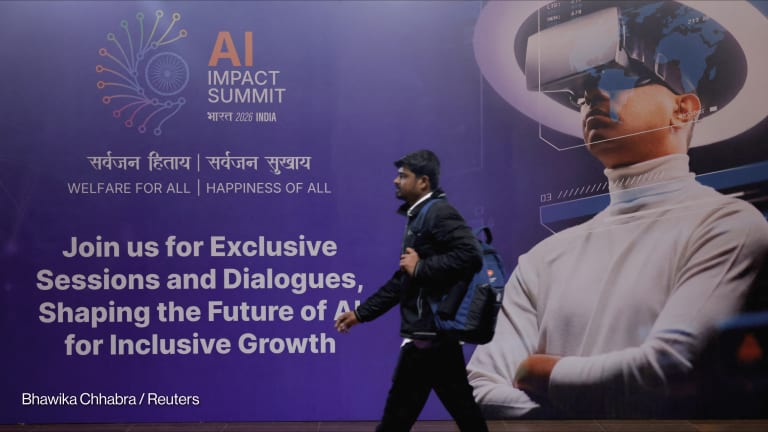The rapid development of artificial intelligence is leaving low- and middle-income countries behind, due in large part to the lack of digitization of the vast majority of the world’s languages.
While there are over 7,000 languages spoken globally, AI models, and particularly large language models, or LLMs, are predominantly trained on just two languages — English and Mandarin.
This disparity creates a new kind of digital divide, which is not about infrastructure or the internet, but rather a data divide.
Printing articles to share with others is a breach of our terms and conditions and copyright policy. Please use the sharing options on the left side of the article. Devex Pro members may share up to 10 articles per month using the Pro share tool ( ).
Search for articles
Most Read
- 1
- 2
- 3
- 4
- 5








